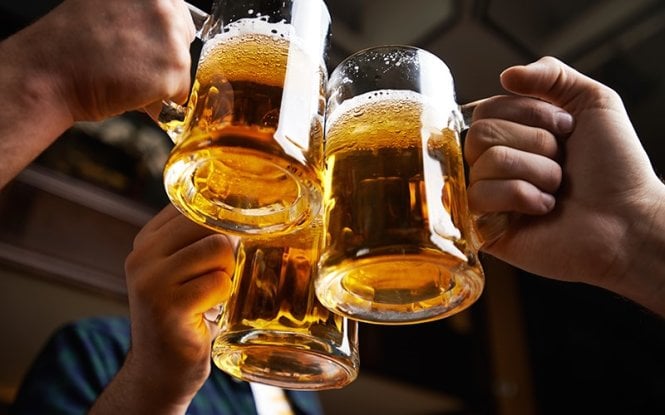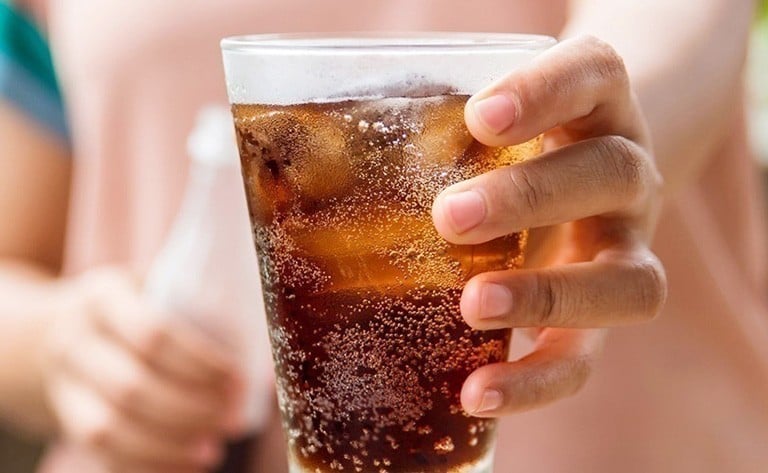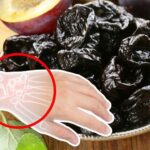1. Sugary Soft Drinks
Sugary soft drinks, often containing high fructose corn syrup, can lead to fat accumulation in the liver, resulting in non-alcoholic fatty liver disease. Additionally, additives such as phosphoric acid in soft drinks may increase the risk of kidney stones. Overconsumption of sugary drinks also puts pressure on the kidneys, leading to a decline in kidney function over time.
Recommendation: Replace soft drinks with filtered water or unsweetened herbal tea.
2. Alcoholic Beverages
Alcohol is a leading cause of liver damage, ranging from alcoholic hepatitis to cirrhosis. Ethanol in alcoholic drinks overworks the liver, producing toxic substances that destroy liver cells. For the kidneys, alcohol causes dehydration, impairs kidney function, and increases the risk of kidney stones.
Recommendation: Limit alcohol intake to no more than 1-2 drinks per week and stay hydrated to reduce the strain on your liver and kidneys.

3. Energy Drinks
Energy drinks contain high levels of caffeine, taurine, and sugar, putting immense pressure on the liver and kidneys. Caffeine increases blood pressure, causing the kidneys to filter more blood, leading to fatigue. High sugar content also elevates the risk of fatty liver disease and diabetes, indirectly affecting the kidneys.
Recommendation: If you need an energy boost, opt for black coffee without sugar or green tea in moderate amounts.
4. Preserved Drinks
Bottled drinks with artificial colors and preservatives like sodium benzoate can harm the liver and kidneys with long-term consumption. These substances burden the liver with extra detoxification work, while the kidneys have to filter out the chemicals, increasing the risk of cell damage.
Recommendation: Read product labels carefully and prioritize natural drinks like coconut water or fresh fruit juices.

5. Unsanitary Water
Water contaminated with heavy metals like lead and arsenic, or other toxic chemicals, can cause severe damage to the liver and kidneys. Long-term accumulation of these substances can lead to hepatitis, renal failure, or even cancer.
Recommendation: Always use clean water, either boiled or filtered to meet sanitation standards, to protect your health.
Conclusion
To safeguard your liver and kidneys, prioritize drinking filtered water, herbal tea, or natural fruit juices. Minimize consumption of drinks high in sugar, chemicals, or alcohol. Maintain a healthy lifestyle with a balanced diet and regular exercise. If you experience any abnormal liver or kidney symptoms, consult a doctor promptly.





































